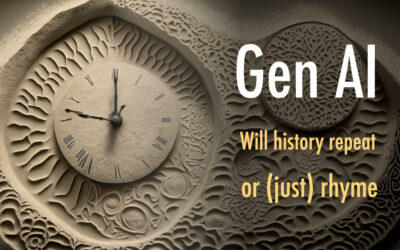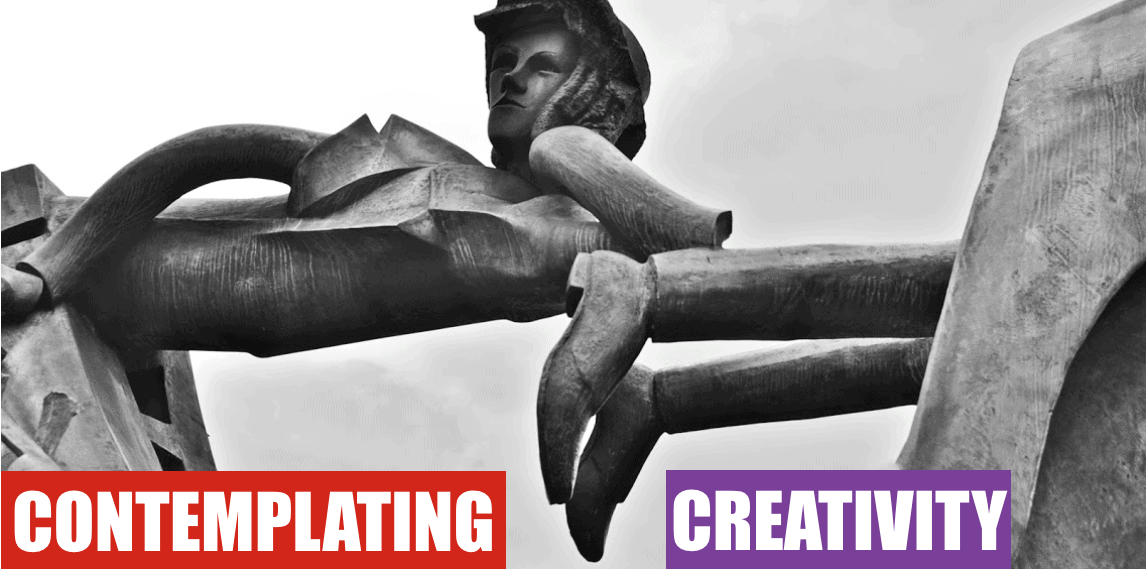In a previous posting I raised the question about when does a piece of technology become an educational technology?
One of the coolest pieces of technology today is the iPhone. Can it function as an educational technology?
I have been considering getting one for a while, actually ever since it was first released. However, I was locked into my current cellphone contract … but that is about to change, so hopefully I will have one of these sweet slice of tech in my hands pretty soon. Now my main reason for getting the iPhone is not to use it for educational purposes but rather to simplify my life. There was a time when I carried a three items of digital technology where ever I went: a cellphone, an iPod, and an Palm Pilot. Over time I have reduced this to two – a cellphone and an iPod, either of which can function as a datebook. The iPhone brings it all down to ONE, and that is awesome. And throw into the mix the ability to conduct Google searches any time I want/need (which, as far as information is considered are the same to me) – I am in heaven.
Now the new iPhone allows you to run third-party Apps (once they are approved by Apple of course, which is a bummer). And it is this new functionality that has the potential to turn the iPhone into an educational technology. And from Seed Magazine comes the first list of scientific apps for the iPhone. Now, not all of them are pedagogically valuable, at least not yet. Of course as with any piece of technology not primarily designed for education, we will have to creatively re-purpose the technology for our own purposes (something we talk about at great length in our TPACK related work). These examples, however, do point to the potential of this new technology to change the way we learn and interact with information.
Check out this list of science related apps for the iPhone.





0 Comments